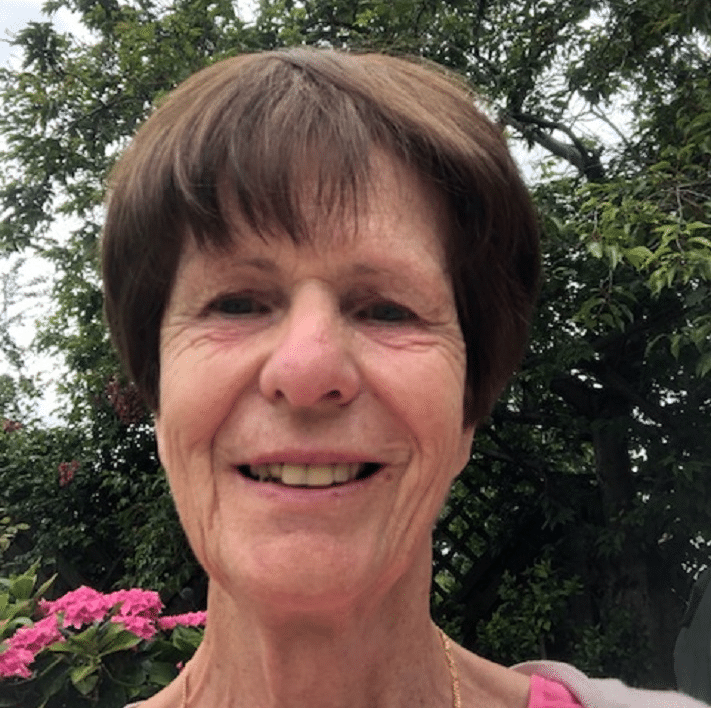4th August 2020
In support of World Breastfeeding Week 2020 (#WBW23020), a Voices blog by Dr Alison Spiro, Honorary Lecturer Brunel University, London.

Dr Alison Spiro
World Breastfeeding Week – Support Breastfeeding for a Healthier Planet (August 1-7) is a time to celebrate the amazing benefits of breastfeeding, not only for all babies and mothers, but for the Planet as well!
Breastfeeding uses few environmental resources and produces almost zero waste. It promotes healthy communities by reducing obesity, as well as the burden of communicable and non-communicable diseases, so fewer healthcare resources are needed. It reduces the need for the production of infant and toddler formulae, which are often unnecessary and add to global environmental damage.
‘Recent studies have highlighted the environmental cost of decades of disinvestment in services to support breastfeeding’ (Shenker, 2020)
Sadly, many mothers in the UK today report they are not receiving the breastfeeding support they need, to continue for as long as they wish, especially with the recent cuts in health visiting and local breastfeeding services. This lack of investment in supporting breastfeeding mothers can impact on their psychological wellbeing, with some mothers being left with feelings of loss and grief. This is particularly a problem at the moment during the COVID-19 pandemic, where face-to-face contacts are often not possible, and many contacts are virtual. As health visitors, we need the resources and training to support parents through this vital period of adjustment to life with new babies, and refer those who may need specialist help to third sector organisations. Governments need to invest in these local services, lead by national strategies, to support these women who wish to breastfeed their babies, so reducing inequalities, as well as reducing the carbon footprint of formula production and climate change.
Some parents may require extra support to establish breastfeeding at the beginning, such as those who are expecting, or have given birth to more than one baby. Twins and triplets are often born early and of lower birth weight than singletons, and antenatal preparation is key to them being prepared for the challenges which may present. Babies have strong instincts to latch on to their mother’s breasts, but mothers in the UK often need to learn the skill from health professionals, or their families or friends. Many parents lack the knowledge and confidence to position and attach their babies, and to recognise that they are feeding well and getting enough milk. This is particularly the case when feeding more than one baby, because many in UK society do not believe that mothers can produce enough breast milk for one baby, let alone two or three!
Mothers can make plenty of breastmilk following multiple births, but are likely to request extra support from health visitors and infant feeding teams. Antenatal contacts are ideal times to discuss with both parents the practicalities of achieving their infant feeding goals. There are certain tips which can build their confidence in the process, such as:
- Antenatal expression of colostrum (after 36 weeks) and taking frozen colostrum into hospital, when in labour
- Skin-to-skin after birth, letting babies self-attach on the breasts
- Expressing within 3 hours after birth, if babies require special care
- Responsive, frequent feeding
- Tandem feeding to save time!
- Partners need to look after mothers and help to calm babies!
Look out for the full new iHV Good Practice Points on breastfeeding multiples, soon to be published.
Further sources of support for breastfeeding twins or triplets:
https://www.facebook.com/BfTwinsUk/
https://www.instagram.com/bftwinsuk/
www.breastfeedingtwinsandtriplets.co.uk
https://twinstrust.org/let-us-help/pregnancy-and-birth.html
https://globalhealthmedia.org/portfolio-items/attaching-your-baby-at-the-breast/
Dr Alison Spiro, Honorary Lecturer Brunel University, London.







